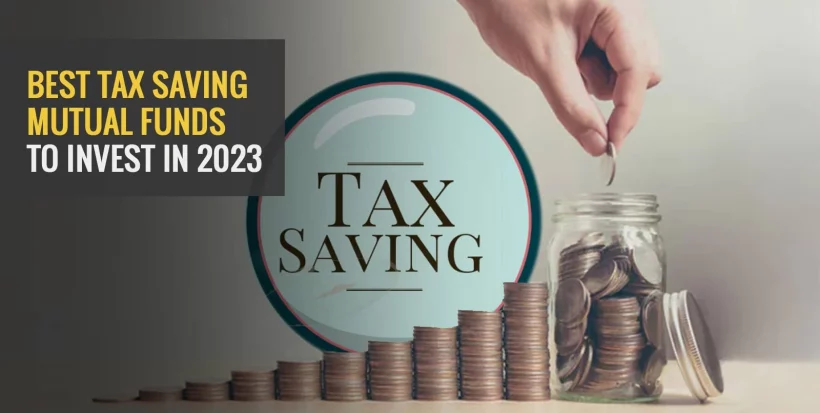On aspects concerning financial planning and wealth creation, ELSS (equity-linked savings schemes) has emerged as a prudent financial instrument for both building wealth and lowering tax liabilities. ELSS funds, a category of equity mutual funds, provide you as an investor with a unique opportunity to grow your wealth while enjoying the substantial tax benefits of mutual funds. Understanding the significance of ELSS funds and how to leverage them can be a game-changer for your financial journey.
Why ELSS in mutual funds is crucial
ELSS funds are tax saver mutual funds, which come with a lock-in period of three years. This lock-in period is shorter than many other tax-saving investment options such as public provident fund (PPF), bank fixed deposit (FD), national savings certificate (NSC) and national pension system (NPS), making them a more flexible choice. Here’s why ELSS funds are crucial –
Tax benefits of mutual funds
ELSS funds are a mutual fund tax saving option offering tax saving benefits under Section 80 C of up to Rs 1.50 lakh in a financial year. This not only helps you create wealth over time but effectively lowers your taxable income.
Higher returns potential
ELSS funds primarily invest in equities, offering the potential for higher returns than traditional tax-saving options like FDs or PPFs. Over the long term, equity investments have historically outperformed other asset classes and offered inflation-beating returns.
Short lock-in period
With a lock-in period of just three years, ELSS funds provide liquidity and flexibility. After the lock-in period, you can either redeem the investment or continue holding it based on your financial goals.
Systematic investment
ELSS funds allow you to invest through SIPs (systematic investment plans), enabling you to invest small amounts regularly. This disciplined approach to investing can help you build wealth gradually.
Tax-efficient returns
As ELSS has a lock-in of three years, the capital gains of this investment are treated as long-term gains and any profit of up to Rs 1 lakh in a financial year is free from tax. Beyond that, you are taxed 10 per cent on the gains, which is substantially lower than other investments.
Comprehensive guide to building wealth and reducing taxes with ELSS funds
Before you invest in mutual funds, ensure that you are well-versed with the comprehensive guide on how to leverage ELSS funds to reduce taxes and build wealth over time –
Choose the right ELSS fund
Research and select ELSS funds that align with your financial goals and risk tolerance level. Look at the historical performance, the fund manager’s track record, and the fund’s portfolio composition.
Opt for SIPs
Invest in ELSS funds through SIPs to benefit from rupee cost averaging. SIPs allow you to invest a fixed amount regularly, ensuring that you buy more units when prices are low and fewer when they are high.
Maximise Section 80C benefit
Invest up to Rs 1.5 lakh in ELSS funds to avail the maximum tax deduction under Section 80C. This not only reduces your taxable income but also facilitates wealth creation.
Harvest your investments
After the mandatory three-year lock-in period, consider the investment harvesting process. You can either redeem the entire investment, partially withdraw, or switch to a different fund within the same fund house, depending on your financial needs.
Stay invested for the long term
While ELSS funds offer liquidity after the lock-in period, it is advisable to stay invested for the long term to benefit from the compounding effect and potential capital appreciation.
Diversify your portfolio
To reduce risk, consider diversifying your investment portfolio by including different ELSS funds with varying investment styles and objectives.
Conclusion
When you think about mutual funds for tax benefits, ELSS fund must be the option that should come to your mind. ELSS funds in the mutual fund domain are a powerful financial instrument to simultaneously build wealth and reduce tax liabilities. By strategically investing in ELSS funds, you can harness the potential of the equity market while enjoying tax-saving benefits. Remember to choose the right funds, opt for SIPs, maximise your Section 80C benefits, and stay invested for the long term. Over time, these prudent strategies can lead to financial prosperity while keeping your tax burden in check.















